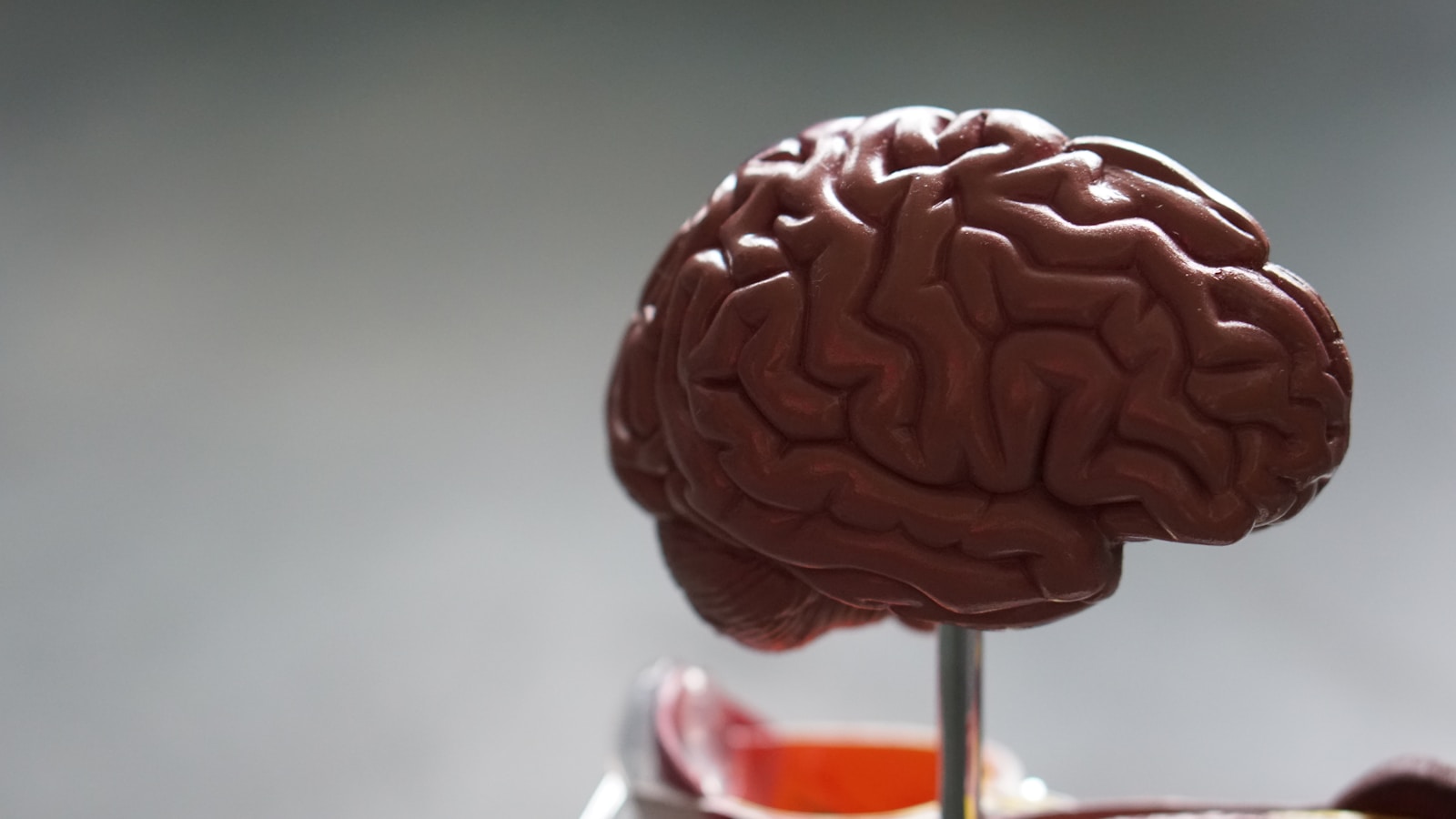In recent years, scientists have uncovered a fascinating and complex relationship between our digestive system and our brain, known as the gut-brain connection. This bidirectional communication network, often referred to as the “second brain,” plays a crucial role in our overall health, affecting everything from our mood and mental well-being to our immune system and beyond. Understanding this connection offers valuable insights into how our diet, lifestyle, and emotional health are interconnected.
What is the Gut-Brain Connection?
The gut-brain connection refers to the intricate relationship between the gastrointestinal (GI) tract and the central nervous system (CNS). The gut, often called the “second brain,” is home to the enteric nervous system (ENS), a vast network of neurons that can operate independently of the brain but also communicates with it through the vagus nerve, hormones, and neurotransmitters. This communication network allows the brain and gut to send signals back and forth, influencing each other in profound ways.
The Role of the Gut Microbiome
At the heart of the gut-brain connection lies the gut microbiome, a diverse community of trillions of microorganisms, including bacteria, viruses, fungi, and other microbes, residing in the digestive tract. These microorganisms play a vital role in digestion, immune function, and the production of essential neurotransmitters like serotonin and dopamine, which regulate mood and behavior.
- Serotonin Production:
- Approximately 90% of the body’s serotonin, a neurotransmitter often associated with happiness and well-being, is produced in the gut. A healthy gut microbiome is crucial for the synthesis of serotonin, which can influence mood, sleep, and appetite.
- Immune System Regulation:
- The gut microbiome is a key player in the immune system, helping to protect the body from harmful pathogens and maintain a balanced immune response. An imbalanced gut microbiome, or dysbiosis, can lead to inflammation, which has been linked to a range of mental health disorders, including anxiety and depression.
- Stress Response:
- The gut and brain are connected through the hypothalamic-pituitary-adrenal (HPA) axis, which regulates the body’s response to stress. Chronic stress can disrupt the gut microbiome, leading to gastrointestinal issues and further exacerbating stress and anxiety.
How the Gut Affects Mental Health
The gut-brain connection has profound implications for mental health. Research has shown that the state of our gut can influence mood, cognition, and even the development of mental health disorders. Here are some ways in which the gut can impact the brain:
- Mood Disorders:
- Dysbiosis, or an imbalance in the gut microbiome, has been linked to mood disorders such as depression and anxiety. Inflammation triggered by gut imbalances can affect the production of neurotransmitters, leading to mood disturbances.
- Cognitive Function:
- The gut-brain connection plays a role in cognitive function and memory. An unhealthy gut can contribute to cognitive decline, brain fog, and difficulties in concentration.
- Stress and Anxiety:
- The gut produces neurotransmitters that regulate stress and anxiety levels. A healthy gut can help manage stress, while an imbalanced gut can exacerbate anxiety symptoms.
- Sleep Quality:
- The gut influences the production of melatonin, the hormone responsible for regulating sleep. A disrupted gut can lead to sleep disturbances, which in turn can affect mental health.
Improving Gut Health for Better Mental Well-Being
Given the strong link between the gut and brain, taking care of your gut health can have significant benefits for your mental well-being. Here are some strategies to support a healthy gut:
- Eat a Balanced Diet:
- A diet rich in fiber, fruits, vegetables, whole grains, and fermented foods can promote a healthy gut microbiome. These foods provide essential nutrients and probiotics that support the growth of beneficial bacteria.
- Avoid Processed Foods:
- Processed foods, high in sugar, unhealthy fats, and artificial additives, can disrupt the gut microbiome and contribute to inflammation. Opt for whole, unprocessed foods to maintain gut health.
- Manage Stress:
- Chronic stress can negatively impact gut health. Incorporating stress-reducing activities such as mindfulness, meditation, yoga, and deep breathing exercises can help maintain a healthy gut-brain connection.
- Get Regular Exercise:
- Physical activity has been shown to promote a diverse and healthy gut microbiome. Regular exercise can also help manage stress and improve mood.
- Prioritize Sleep:
- Quality sleep is essential for gut health. Aim for 7-9 hours of sleep per night and establish a consistent sleep routine to support the gut-brain connection.
- Consider Probiotics:
- Probiotic supplements can help restore balance to the gut microbiome, especially after a course of antibiotics or during periods of stress. Consult with a healthcare provider to determine if probiotics are right for you.
Conclusion: The Power of the Gut-Brain Connection
The gut-brain connection is a powerful and complex relationship that underscores the importance of holistic health. By taking care of your gut, you can positively influence your mental well-being, cognitive function, and overall quality of life. Understanding and nurturing this connection can lead to better health outcomes and a more balanced, resilient mind. Whether through diet, lifestyle changes, or stress management, supporting your gut health is a vital step toward achieving mental and emotional wellness.
















